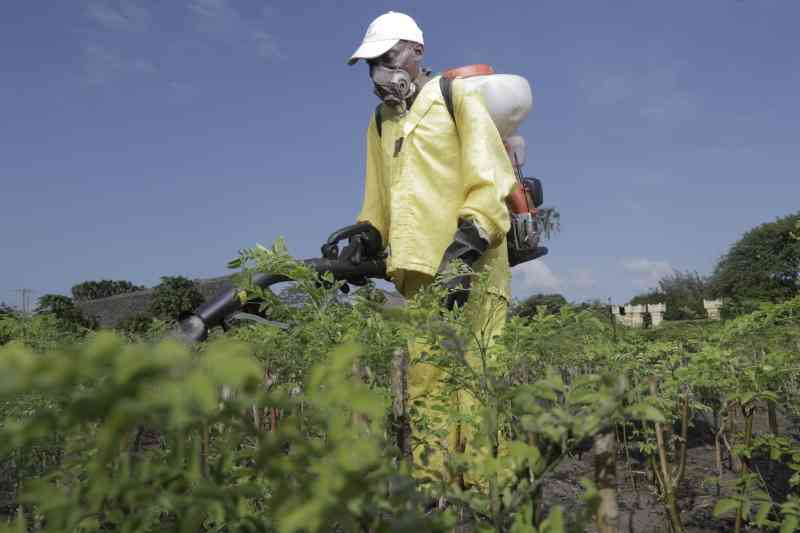
The Pest Control Products Board (PCPB) has ordered withdrawal of the use and immediate termination of registration of Chlorothalonil, Diuron, Thiacloprid, Pymetrozine, Propineb, Chlorpyrifos and several other active ingredients and their associated end-use in crop production.
In a letter to all local agents and registrants, copied to the Principal Secretaries in the Ministry of Agriculture, Director General, Agriculture and Food Authority, Managing Director, KEPHIS, Chief Executive Officer, Agrochemicals Association of Kenya and Coffee Cooperatives Chairman, Chief Executive Officer, PCPB, Esther Kimani notified a decision to review the registration status of the active ingredients citing safety trade concerns and their negative effects to crops, human health and livestock.